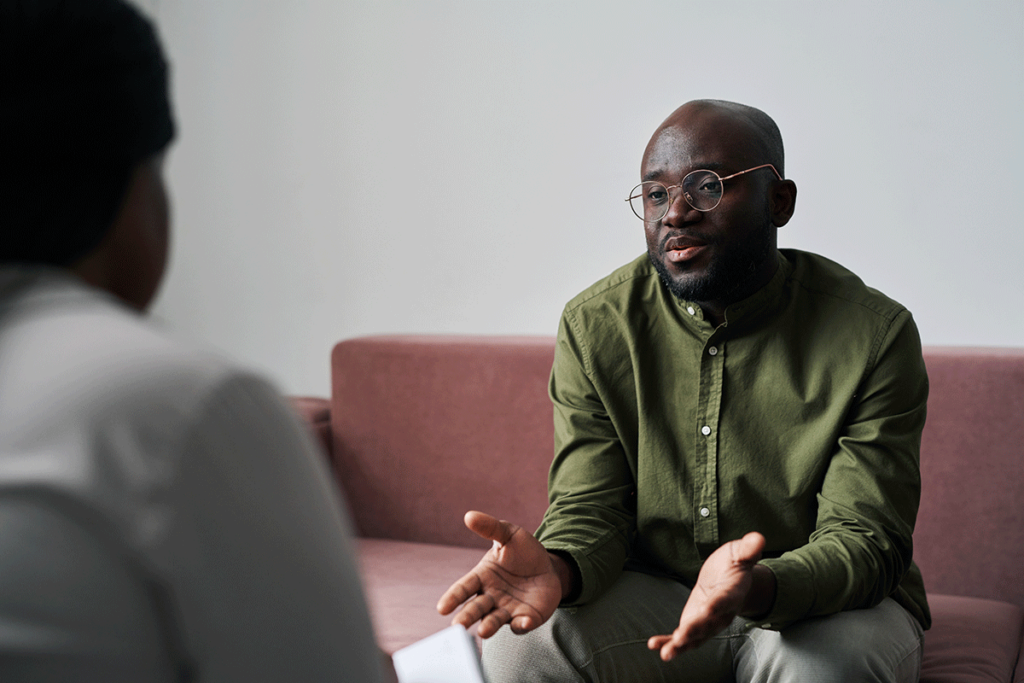The Benefits of Intensive Outpatient Program (IOP) for Long-Term Health.
Wiki Article
The Influence of Holistic Therapies on Mind-Body Recovery in an Intensive Outpatient Program
In the realm of intensive outpatient programs, the unification of holistic therapies has actually stimulated considerable passion and debate among experts in the area of mental health and wellness. The possible harmony between conventional restorative methods and all natural practices in promoting alternative health continues to be a subject ripe for exploration and analysis.Integrating Holistic Therapies in IOP
Integrating alternative treatments right into Extensive Outpatient Programs (IOP) can boost the total well-being and treatment outcomes of individuals seeking mental health and wellness support. Alternative treatments concentrate on dealing with the entire individual, resolving not just the signs and symptoms but also the underlying root causes of mental health issues. By incorporating techniques such as yoga exercise, reflection, art treatment, and acupuncture right into IOP setups, individuals can experience a much more detailed strategy to their therapy.
Benefits of Yoga and Reflection
By infusing IOP setups with alternative therapies like yoga exercise and reflection, people can access a variety of benefits that add to their mental and psychological health. Yoga exercise, with its emphasis on physical positions, breathing methods, and mindfulness, can help people reduce stress and anxiety, anxiousness, and anxiety. The method of yoga exercise advertises leisure and enhances overall state of mind by releasing endorphins, the body's natural feel-good chemicals. Furthermore, yoga improves self-awareness and cultivates a feeling of internal tranquility, which can be specifically valuable for people undertaking extensive outpatient treatment.Meditation, on the various other hand, focuses on educating the mind to achieve a state of quality and psychological peace. By including reflection right into their regular, people in an IOP can discover to take care of competing thoughts, enhance focus, and grow a much more favorable expectation on life. Meditation techniques have been revealed to reduce signs and symptoms of PTSD, boost emotional durability, and promote far better sleep patterns, all of which are essential parts of the healing process in intensive outpatient programs. Consequently, incorporating yoga exercise and meditation right into IOP settings can substantially improve the psychological and psychological well-being of people looking for alternative recovery.
Acupuncture for Mind-Body Healing
Acupuncture, a traditional Chinese medicine practice involving the insertion of thin needles right into details points on the body, provides a distinct approach to mind-body recovery by targeting energy circulation and advertising alternative wellness. This old method is based on the idea of Qi, the body's vital force, flowing along meridians or pathways. By boosting specific acupoints, acupuncturists intend to bring back the find here balance of Qi, which is believed to be essential for general wellness and well-being.
In addition, acupuncture is significantly being incorporated right into Western medication methods to match conventional treatments for different mental wellness conditions, offering a holistic approach that considers the interconnectedness of the body and mind in promoting healing and health.
Mindfulness Techniques in Therapy
Expanding on the realm of holistic therapies, mindfulness methods play an essential role in therapy by fostering a much deeper connection between the mind and body for overall health. Mindfulness, rooted in old reflective methods, includes taking note of the present moment non-judgmentally - Intensive Outpatient Program (IOP). In the context of an extensive outpatient program, integrating mindfulness strategies can aid people create self-awareness, manage emotions, and lower stress degrees. With mindfulness meditation, people can grow an enhanced sense of recognition of their thoughts, sensations, and bodily feelings, advertising a better understanding of the interconnectedness in between physical and mental well-being.
By urging people to observe their ideas without accessory or judgment, mindfulness cultivates a feeling of approval and concern towards oneself. Eventually, incorporating mindfulness techniques into treatment strategies can encourage people to actively get involved in their recovery trip and advertise alternative well-being.
Assessing Holistic Treatments' Efficiency

Qualitative analyses, on the other hand, involve gathering subjective responses from participants concerning their experiences with alternative interventions. This qualitative data can provide Look At This important insights right into the perceived benefits of these treatments on people' overall well-being, top quality of life, and coping systems. By integrating quantitative data with qualitative comments, researchers can obtain a much more all natural understanding of the efficacy of these interventions in advertising mind-body healing within an intensive outpatient program. Such analyses are essential for educating evidence-based practices and optimizing all natural therapy techniques for people looking for thorough health.
Final Thought
To conclude, the combination of holistic treatments such as yoga, reflection, acupuncture, and mindfulness techniques in an extensive outpatient program can have a significant influence on mind-body recovery. These treatments offer an even more thorough strategy to therapy by dealing with the physical, psychological, and spiritual elements of an individual's well-being. Reviewing the effectiveness of these alternative interventions is important in understanding their potential benefits in boosting the general healing procedure for people in an outpatient setup.Report this wiki page